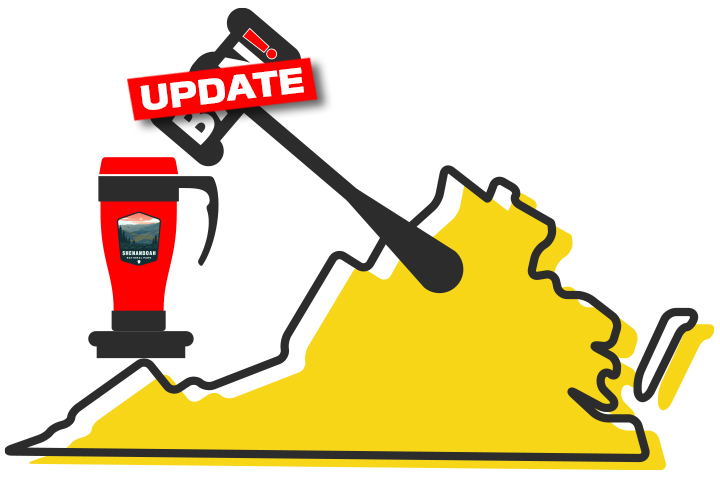February 14, 2023
Virginia’s Proposed Ban on State Agencies Buying Branded Items Is ‘Dead’
A distributor that played a lead role in pushing back against the legislation said it’s important to continue education efforts to prevent a similar proposal from surfacing again.
A bill that would have prohibited state agencies in Virginia from buying promo products is no longer up for consideration. However, industry pros that pushed back against the legislation say it’s important to educate lawmakers in the commonwealth about the value and importance of branded merchandise as a medium and as a creator of jobs, in order to prevent a different incarnation of the proposal from resurfacing.

Earlier this month the Virginia House of Delegates General Laws Subcommittee #4 nixed a planned hearing on HB1913 and tabled it. The bill, as it was proposed, is now “dead” and won’t be considered again in 2023, said Todd Mawyer, president/CEO of Glen Allen, VA-based distributorship TK Promotions (asi/341067).
“As currently stated, the bill is done, but there’s potential for it come back in a different form in the legislative session next year,” said Mawyer. “We’re not sure what that might look like, but this bill was broad in its focus. It’s possible it could be reworked to be specific and targeted. That’s why we’re saying this is not over. We plan to consider pursuing education and have conversations” with state-level decision-makers.
Mawyer and fellow distributor Jeanne Walls of Richmond, VA-based JWalls Ink! took lead roles in advocating against the bill.
After conferring on strategy with past and current members of the Virginia Promotional Products Association (VAPPA) and others, including professional lobbyists, the pair traveled to the state capitol building in Richmond for meetings where they shared about promo and its role in, among other things, helping state agencies educate the public about their services to the commonwealth.
Mawyer and Walls even had face-to-face time with Amanda Batten, the delegate from Virginia’s 96th district that introduced the now-defunct HB1913. Batten, who is up for re-election this year, didn’t respond to a request for comment on whether she intends to rework the legislation and re-introduce something similar down the line.
“A worst-case scenario is this comes up again in a new form,” said Mawyer. “The best-case scenario is we continue our education and advocacy, and it stays dead.”
When the proposed legislation surfaced in late January, promo membership organizations Advertising Specialty Institute (ASI) and Promotional Products Association International (PPAI) called on industry pros in Virginia to speak out against the bill.
“Promotional products are ideal and cost-effective ways for a government agency to represent themselves to the public, deliver important messages and connect with citizens and constituents,” said ASI President/CEO Timothy M. Andrews at the time.
Andrews continued: “There isn’t a political campaign that doesn’t use banners, writing instruments, pins, signs – because they work. Why shouldn’t a government agency use those same tools to communicate with citizens about important programs, guide behaviors and educate people about services and opportunities offered by government agencies at all levels? Promotional products allow smaller companies, schools, nonprofits as well as our government to spread the word through an effective advertising medium, extending their reach just like major brands – without spending a ton of money.”
In a letter crafted for promo pros to send to legislators, PPAI said: “As the number-one most effective advertising method for generating interest and driving recipients to take action, promotional products must not be eliminated from the various state agencies’ toolboxes to convey important messages to Virginia citizens. Promotional products and the messages they carry help state, county and local governments keep their citizens informed and well-prepared by providing essential public service information in a timely and reliable manner.”